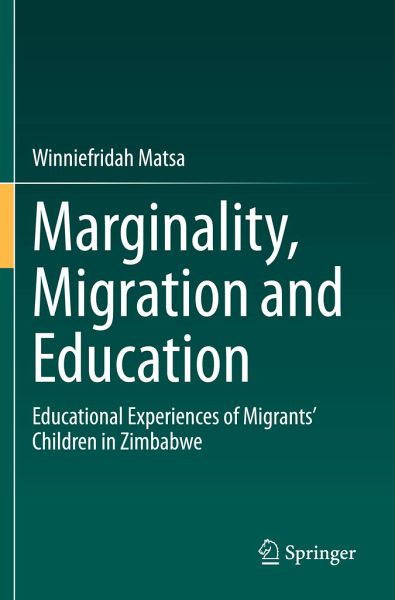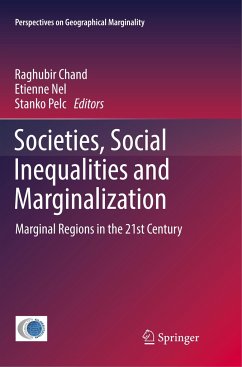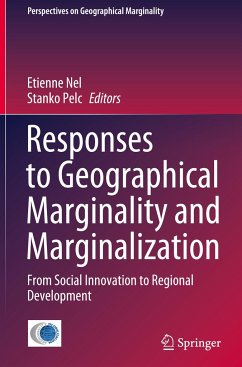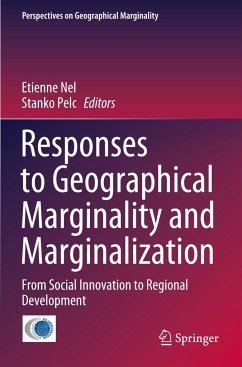
Marginality, Migration and Education
Educational Experiences of Migrants' Children in Zimbabwe
Versandkostenfrei!
Versandfertig in 6-10 Tagen
65,99 €
inkl. MwSt.
Weitere Ausgaben:

PAYBACK Punkte
33 °P sammeln!
This book provides a missing link between marginality, migration and education in Zimbabwe, focusing on the educational experiences of migrants' children in an effort to influence government policies concerning migrant parents and their left-behind children. While there is a large body of knowledge on the education of children of immigrants in destination countries, this book aims to fill in the gap by addressing the children who do not migrate with their parents. Through this unique approach, the book examines the education statuses of these left-behind children, offering insights into their ...
This book provides a missing link between marginality, migration and education in Zimbabwe, focusing on the educational experiences of migrants' children in an effort to influence government policies concerning migrant parents and their left-behind children. While there is a large body of knowledge on the education of children of immigrants in destination countries, this book aims to fill in the gap by addressing the children who do not migrate with their parents. Through this unique approach, the book examines the education statuses of these left-behind children, offering insights into their educational challenges, rights, and inequities to better inform policy decisions to meet the 2030 education agenda for action established by the United Nations in 2015. The book will of interest and use to governments, NGOs, teachers and local communities in Africa as a resource to better understand the situation of migrants' left-behind children as a category ofvulnerable children in difficult circumstances.












